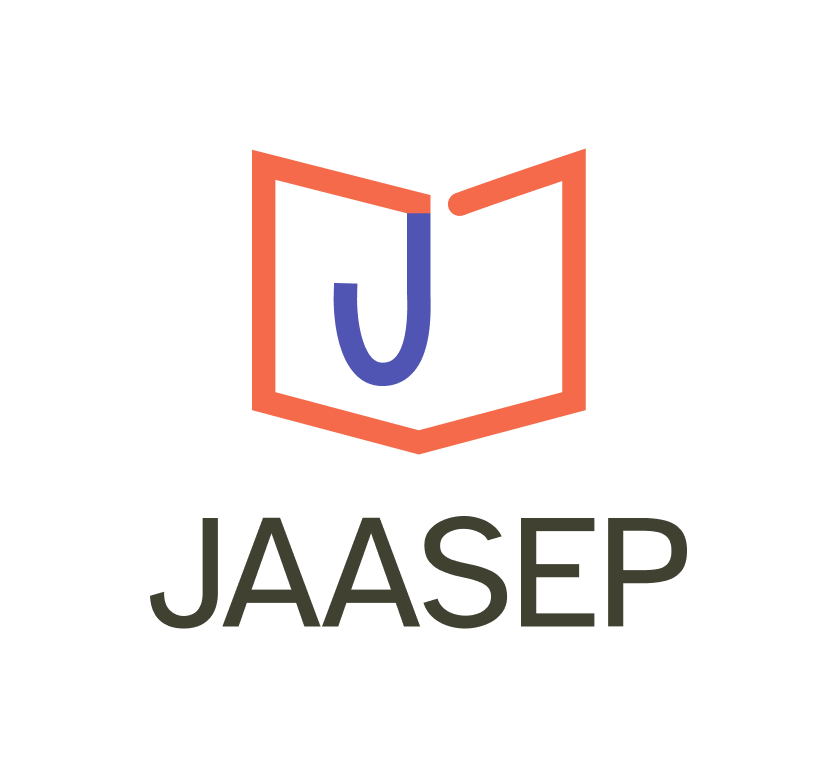Starting from:
$4.95
What Factors Contribute to Self-Efficacy
Abstract
This study examined the self-efficacy of paraeducators serving students with moderate to severe disabilities in a specialized public school. Quantitative methods explored the relationship among paraeducator self-efficacy, personal factors (including work experience, age level of teaching assignment, and disability served), and organizational factors (including role of paraeducator, collaboration, professional development, job satisfaction, and supervision). Seventy-five paraeducators working in a suburban public school responded to the Paraeducator Perceived Self-Efficacy Scale and the Paraeducator Descriptive Questionnaire. Findings indicated that overall, personal or organizational factors were not predictors of self-efficacy. However, the organizational factor of job satisfaction was a significant predictor of self-efficacy, suggesting that paraeducators should be encouraged to express their wants and needs. Additionally, strong relationships were present between supervision and role definition and also between job satisfaction and collaboration.
1 file (145.0KB)



